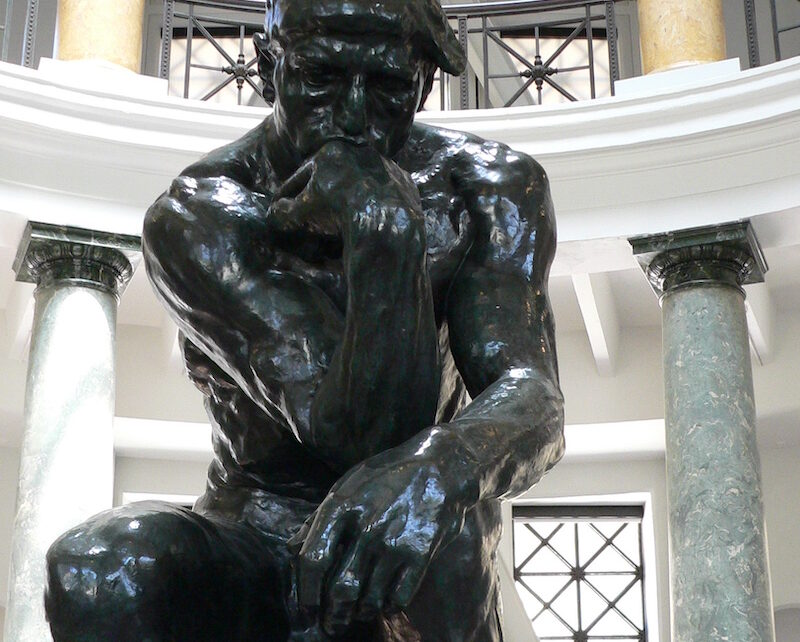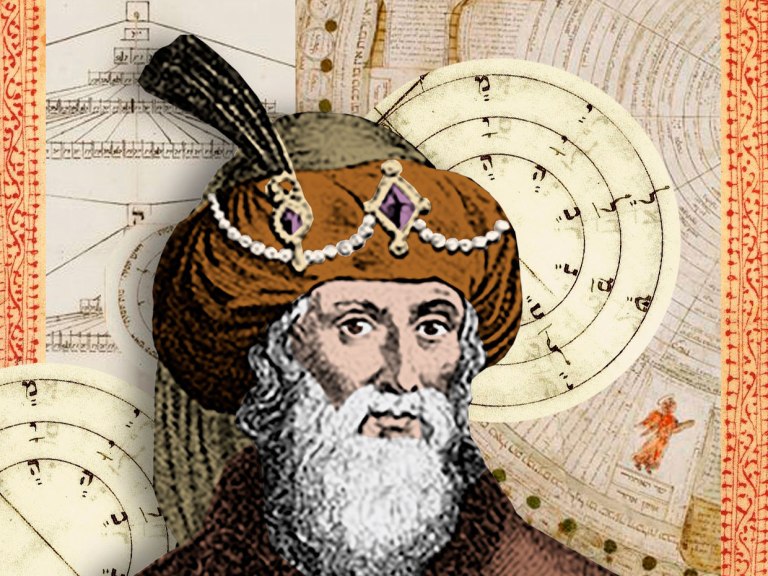This article is published in two installments. The first can be found here. III. Taylor’s typification of postmodernism as Flatland, however, as the quintessential Hegelian “bone”, did not sit well with the British participants in the Shadow of Spirit conference, who represented both the majority and in certain measure the intellectual heavy weights for the […]
Tag: Martin Heidegger
George Batailles On Ethnographic Surrealism And “The Limits Of The Useful” – Review Essay (Matt Waggoner)
Georges Bataille, The Limit of the Useful. Translated and edited by Corey Austin Knudson and Tomas Elliott. Cambridge: The MIT Press, 2022. Hardback. 360 pages. ISBN 978-0-262-04733-3. The Accursed Share, one of the more enduring literary and philosophical projects undertaken by Georges Bataille, started a decade before its eventual 1949 publication as what he had […]
Philosophy As Love – Unblocking The Road From Athens To Jerusalem, Part 3 (Erik Meganck)
The following is the third of a three part-series. The first can be found here, the second here. Planning and Religious Thought Where planning fails, despair grows. Only where despair grows, hope can rise. Where hope rises, thought reconnects with (the philosophical equivalent of) Love, thanks to a “certain” – ambiguity intended – faith and trust. […]
Philosophy As Love – Unblocking The Road From Athens To Jerusalem, Part 2 (Erik Meganck)
The following is the second of a three part-series. The first can be found here. Love is not the opposite of planning; openness is not the opposite of enclosedness. Openness is not the new metaphysical principle that deals out signification among all beings. It does not replace God or Geist or Will or any other […]
Philosophy As Love – Unblocking The Road From Athens To Jerusalem, Part 1 (Erik Meganck)
The following is the first of a three-part series. Philo-sophy literally means “love of wisdom.”[1] But this can be read in more than one way. There is the well-known objective genitive, proposing that philosophers are thinkers who love wisdom without claiming to own it. But there is also a subjective genitive that shows how love […]
Geschlecht III – Authentic Faith, Religion, And Politics In Derrida’s Readings Of Heidegger’s “Geist”, Part 3 (Jake Sirota)
The following is the third of a three-part series. The first can be found here, the second here. Derrida’s suspicion of and discomfort with the seemingly politically-motivated dogmatism that we see guiding Heidegger’s understanding of spirit leads us into the common interpretations of Derrida’s religious thinking as being about a sort of theological indiscretion, an […]
Geschlecht III – Authentic Faith, Religion, And Politics In Derrida’s Readings of Heidegger’s “Geist”, Part 2 (Jake Sirota)
The following is the second of a three-part series. The first can be found here. At this point Derrida’s appraisal of Heidegger’s Introduction to Metaphysics becomes crucial, for if, as Derrida says, “the Address relaunches and confirms the essential elements of Sein und Zeit, so the Einführung [Intr. to Meta.] repeats the invocation of spirit […]
Geschlecht III – Authentic Faith, Religion, And Politics In Derrida’s Readings of Heidegger’s “Geist”, Part 1 (Jake Sirota)
The following is published in three installments. Jacques Derrida’s prolonged and intimate proximity to the thought of Martin Heidegger has played a significant role in the understanding and debate of Derrida’s religious inflections and in the theorizing of the relationship between deconstruction, religion, and politics in general. This proximity becomes particularly clear in the treatment […]
Locating The Oceanic in Sylvia Wynter’s “Demonic Ground”, Part 1 (Justine M. Bakker)
The following article will appear next month in the Winter 2021-22 issue of the Journal for Cultural and Religious Theory. It is published in three installments. As a demonic island, black studies lifts the fog that shrouds the laws of comparison, particularity, and exception to reveal an aquatic outlook ‘far away from the continent of […]
Truth And Irony – Beyond Binary Patterns In Theological Reasoning, Part 3 (Florian Klug)
The following is the last of a three-part series. The first can be found here, the second here. It will appear as a full article in the Fall 2021 issue of the Journal for Cultural and Religious Theory. Michel Foucault traced this connection between truth and existential dimension in his late studies on power and subjectivity by […]









